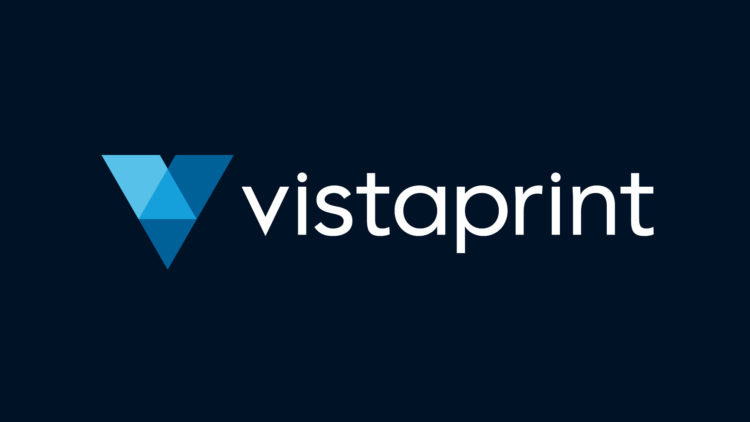Vistaprint spotlights Australian small business in new campaign
- Written by Media Release

Vistaprint introduces #VPSupportSmallBusiness - a campaign focused on helping our homegrown business heroes
27 JULY 2020: The impact of coronavirus (COVID-19) is being felt by businesses all around the world. The small business sector, in particular, has felt immense strain from the pandemic with recent data* revealing that over 58% of Australian small businesses have been greatly affected by the current climate. To provide a voice to those significantly impacted, Vistaprint has launched #VPSupportSmallBusiness, a campaign and donation committed to supporting the health of businesses in the wake of the COVID-19 pandemic.
In partnership with Vistaprint, seven Australian small business mavens took to social to lead a candid conversation about the financial, economic, and social realities of owning a business in this challenging climate. After divulging their personal experiences, they then detailed the services and products that Vistaprint has offered to help businesses pivot at this critical time.
Tegan Natoli, Co-founder of Bump Day Spa, commented on her involvement with Vistaprint’s Support Small Business campaign stating; “Being a small business owner can be pretty tough at the best of times, however, the last few months have been extremely difficult for a lot of small business owners who have felt the hit of COVID-19. I can certainly relate. Vistaprint is helping out by offering small businesses some awesome stuff including design services, digital services to help you build your website and repurposed products (such as disposable menus).”
Vistaprint is also supporting small business owners by offering critical marketing services such as products with COVID-19 messaging, an expanded suite of online marketing services and a content hub to help guide them during this time. Highlighted services included within the campaign encompassed an array of graphic design services and new print templates such as takeaway menus, updated business hours, and health & safety updates.
Melissa Haywood, Marketing Director of Vistaprint Australia, offered thought leadership to small business owners via earned media opportunities on the importance of a social and digital marketing strategy stating, “Although it is an uncertain time, the fact remains that a key growth driver in every business continues to be effective 360 marketing. Each time you engage in marketing across digital efforts, social media strategy, and earned and owned channels, you increase the value of your company.”
Vistaprint has announced a donation to support those impacted by the pandemic to StreetSmart Australia, a not-for-profit organisation committed to taking action against homelessness. This donation will help provide hearty, nutritious meals to vulnerable Australians through its SmartMeals initiative. The program partners cafes and restaurants devastated by the pandemic to provide meals for their local overstretched homeless and community groups.
Geoff Hills, Chief Operations and Fundraising, StreetSmart Australia, commented, “We have seen a huge increase in demand for food services during this pandemic, placing even more strain on overstretched homeless charities. This donation will have double the impact by feeding some of Australia’s most vulnerable people, while also keeping hospitality workers in jobs.”
Marcus Marchant, CEO of Vistaprint Australia, commented, “We are committed to supporting our local Australian communities. COVID-19 has presented extremely challenging times on a worldwide scale. We at Vistaprint are proud to support Street Smart’s ‘Smart Meals’ initiative and are committed to assisting small businesses now and in the future.”
Vistaprint, a Cimpress company, empowers millions of business owners worldwide to market themselves professionally. Our wide range of quality products and affordable prices, along with design tools suited to every skill level and need, mean everyone can create the customized materials they need to get their message across. And it all started the way most businesses do, with one entrepreneur’s ambitious goal.






















